
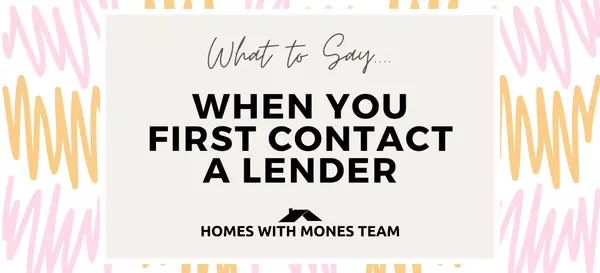
What to Say When You First Contact a Lender
How to Get the Best Mortgage Series - Week 1 Follow this series to learn how to get the best mortgage for your specific financial situation and goals. You’ll see what steps you need to take throughout this process to make it productive and successful! This week’s article is all about what to say wh
Read More
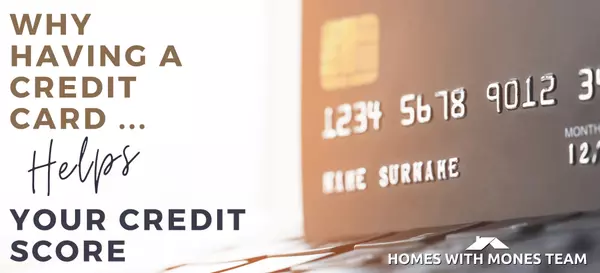
Why Having a Credit Card Helps Your Credit
Having a high credit score is important all the time, whether you are buying a home anytime soon or not. Your FICO score and credit report are so vital to get- ting any type of loan, and this series will give you the financial strategies you need to get your credit score as high as possible. If one
Read More
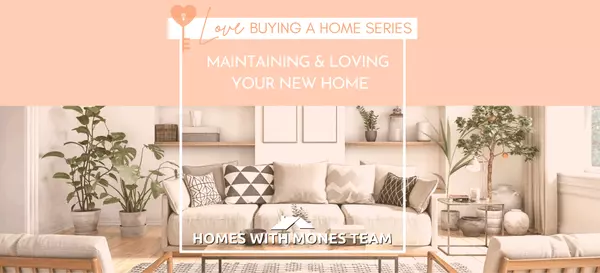
Maintaining (and Loving) Your New Home
Bonus – Love Buying a Home series We’re not done just yet! Here’s a bonus article for my recent 13-part series, Love Buying a Home. This step-by-step series took you through the entire home-buying process -- from finding a buyer’s agent to settlement day. Now you’ll learn a few tips on how take care
Read More
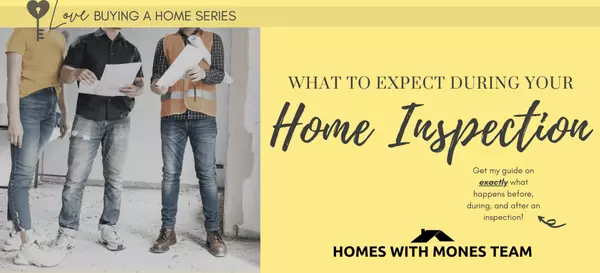
How to Navigate a Home Inspection
Love Buying a Home series – Week 10 This step-by-step series will take you through the entire home-buying process — from finding a buyer’s agent to settlement day, and all the details in between. Every first-time buyer will find this information-packed series easy to follow and understand. Make sure
Read More
Categories
Recent Posts
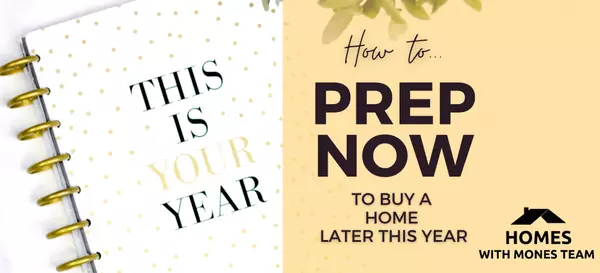
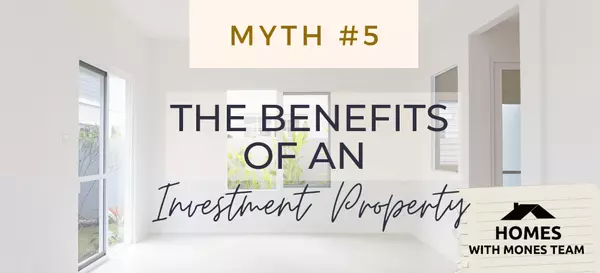



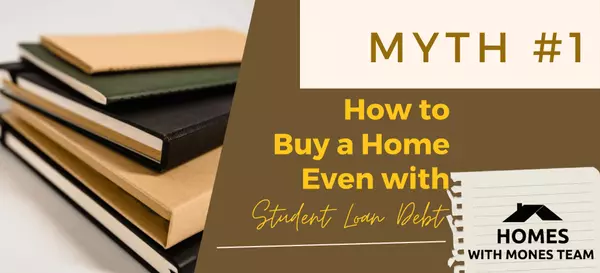
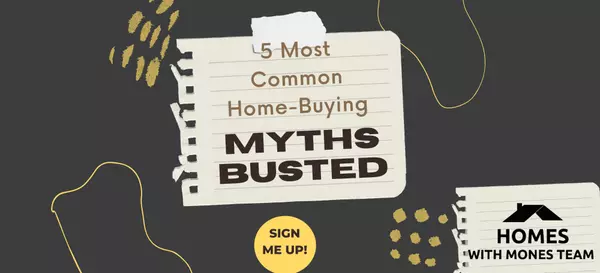
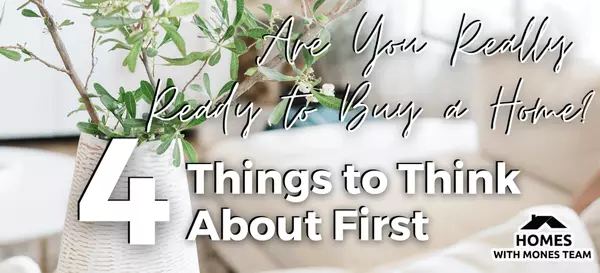

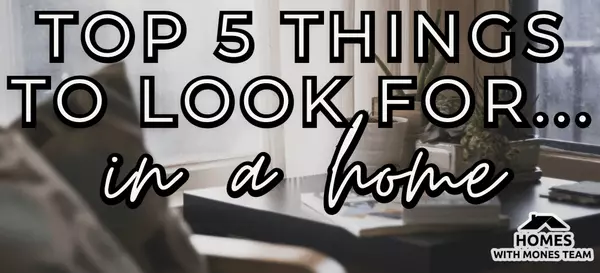
 REALTOR® Lic# SP200205008|5005063|0225251751
REALTOR® Lic# SP200205008|5005063|0225251751I am committed to helping you find your dream home, selling your property for the best possible price, and providing top-notch real estate services. I am dedicated to providing personalized attention and expert guidance to meet all of your real estate needs. Whether you are a first-time homebuyer or an experienced investor, I am here to help you navigate the complex and ever-changing real estate market. I pride myself on local knowledge, professionalism, and commitment to exceeding your expectations. Explore my website to learn more about the services I provide and the properties I have to offer. Contact me today to start your real estate journey
+1(202) 494-0110 lorin@homeswithmones.com1017 O St NW Washington, DC, 20001
https://homeswithmones.com
